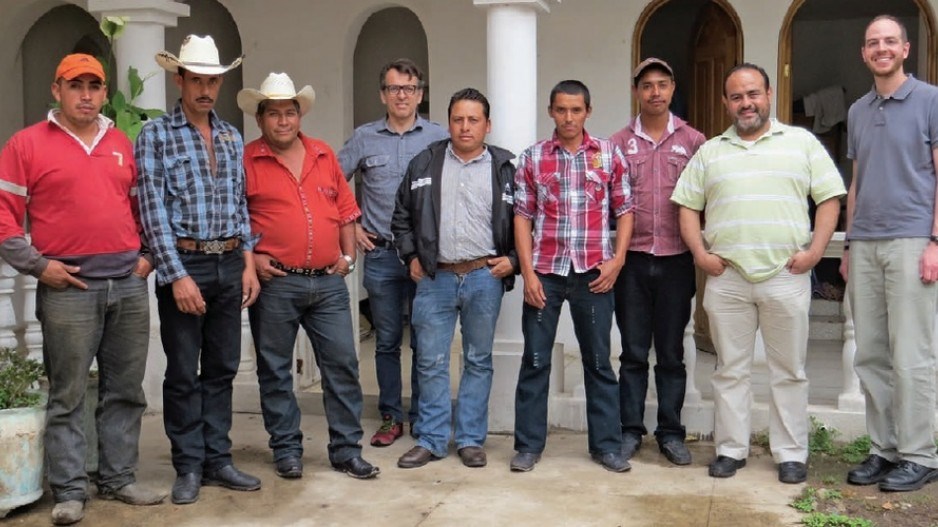The British Columbia Court of Appeal has ruled that a lawsuit brought by seven Guatemalan men against Tahoe Resources Inc. (TSX: THO.CA; NYSE: TAHO) can proceed in B.C.
The landmark judgment overturns a previous BC Supreme Court decision that rejected the case on the basis that Guatemala would be a more appropriate jurisdiction for the plaintiffs’ claims.
This is the first time a Canadian appellate court has allowed a lawsuit to proceed against a Canadian company for alleged human rights violations committed abroad, said Matt Eisenbrandt, legal director with the Canadian Centre for International Justice (CCIJ).
“This is particularly important because it is a judgment from a court of appeal,” he said.
“This is a higher court that has said that British Columbia is the proper place for this to be heard. If B.C. courts have jurisdiction and have the power to hear these kinds of cases, then the burden is on a defendant company to prove that in fact another country would be clearly more appropriate for the case.”
Tahoe, which is registered as a B.C. company, faces claims of battery and negligence related to an altercation that occurred near its Escobal mining project in April 2013.
The seven men in the lawsuit were part of a group of protesters who claim that private security personnel contracted to protect the mine site in southeastern Guatemala shot at the group as they peacefully approached the project.
In a public statement at the time, then company CEO Kevin McArthur stated that the protesters were armed with machetes, and that security forces responded with non-lethal measures.
Represented in Canada by Vancouver law firm Camp Fiorante Matthews Mogerman and the CCIJ, the plaintiffs filed a lawsuit against the mining company with the BC Supreme Court in June 2014. A separate criminal case was launched in Guatemala against the mine’s former head of security, Alberto Rotondo.
In B.C., the case was dismissed after Tahoe petitioned the court to decline the case jurisdiction in Canada. The judge ruled that Guatemala, where the plaintiffs were already seeking compensation, had a functioning legal system capable of hearing their claims.
Criminal proceedings in Guatemala have since been suspended. That, along with “evidence of endemic corruption in the Guatemalan judiciary” were reasons for the Court of Appeal’s ruling today, according to the judgment.
“That’s an important ruling from the Court of Appeal that will apply to other cases in British Columbia, and potentially be looked to by other courts around the country,” said Eisenbrandt.
The case is the first one of its kind to proceed in B.C.
Vancouver-based Nevsun Resources Ltd. (TSX: NSU) is being sued in B.C. by plaintiffs who claim they were forced to work at the company’s Bisha mine in Eritrea. Three lawsuits have also been brought against HudBay Minerals Inc. (TSX: HBM) in Toronto for alleged abuses in Guatemala.
Tahoe Resources was not immediately available for comment.




